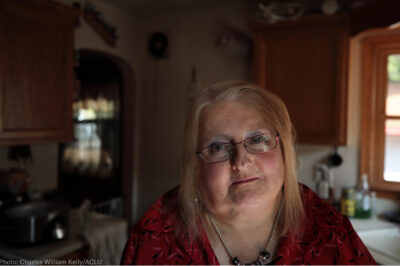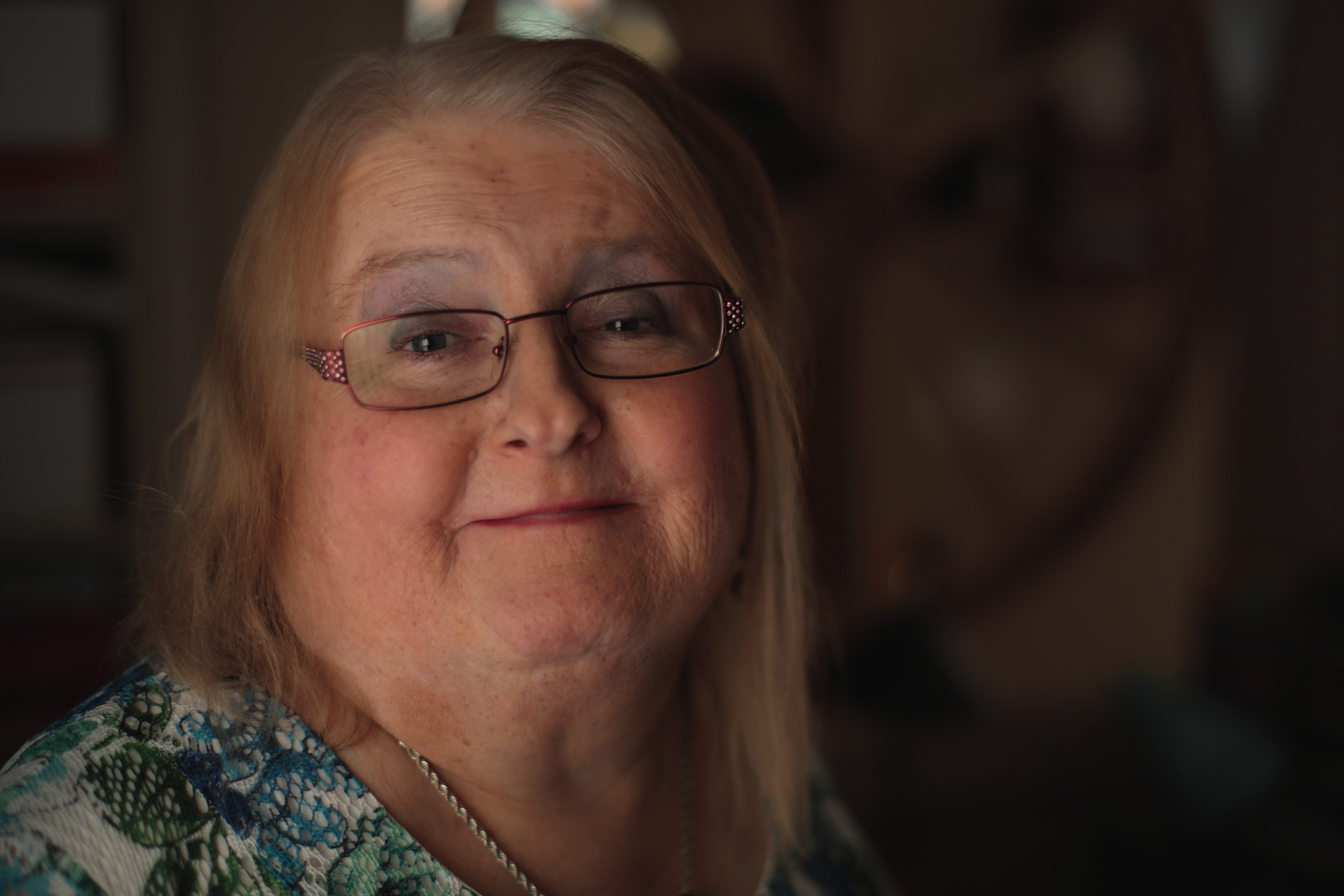Bio
Growing up, Aimee Stephens wanted to be a Baptist Minister because she wanted to help people. In college, she learned that there were other ways for her to help people. After taking a job in funeral services, she began to feel like it was a calling. She enjoyed knowing that she was helping people remember their loved ones at peace.
Aimee spent nearly 20 years over three decades working in funeral services. She eventually moved to Michigan and found a job as funeral director, where she received nothing but positive feedback from her employer and was even trusted by coworkers to handle the funeral arrangements for their loved ones.
Aimee says that as early as age five, she knew she was different. Growing up before the internet or other ways of finding information easily, she relied upon the news and chatter from adults. What she heard about transgender people was not positive, so she learned to suppress what she was feeling.
In 2008, Aimee started seeing a therapist to discuss and explore her knowledge that she is a woman. While enjoying the freedom that came with acknowledging to her family that she is a woman, Aimee began to feel like she was living two lives. In 2012, she felt like she didn’t know how to go forward in coming out to her coworkers and family, but also knew she couldn’t go backwards. She contemplated suicide and at one moment was very close to ending her life. Instead, she decided to pick up a pen and start writing a letter to her coworkers to tell them she is a woman.
With the support of three coworkers who were among the first people Aimee told she was transgender, Aimee finally approached her boss. She brought her boss to the chapel in the funeral home and handed him the letter that she had been sharing with her coworkers. Two weeks later, the boss brought Aimee to the chapel, told Aimee “this is not going to work” and handed her a separation letter and severance package.
After Aimee was fired, Donna Stephens, Aimee’s wife of 18 years, became the sole provider for their family, including Donna’s daughter in college. They had to sell a number of possessions in order to make ends meet.
Aimee eventually found another job, but then her kidneys failed and she became dependent on dialysis treatments costing $21,000 a week. She no longer had insurance from her employer to cover the expense, but Medicaid and a foundation began to cover the expenses after the first month.
Featured work

Mar 31, 2020
The Transgender Community Needs More than Visibility

Oct 25, 2018
My Boss Fired Me From My Funeral Home Job for Being Transgender
